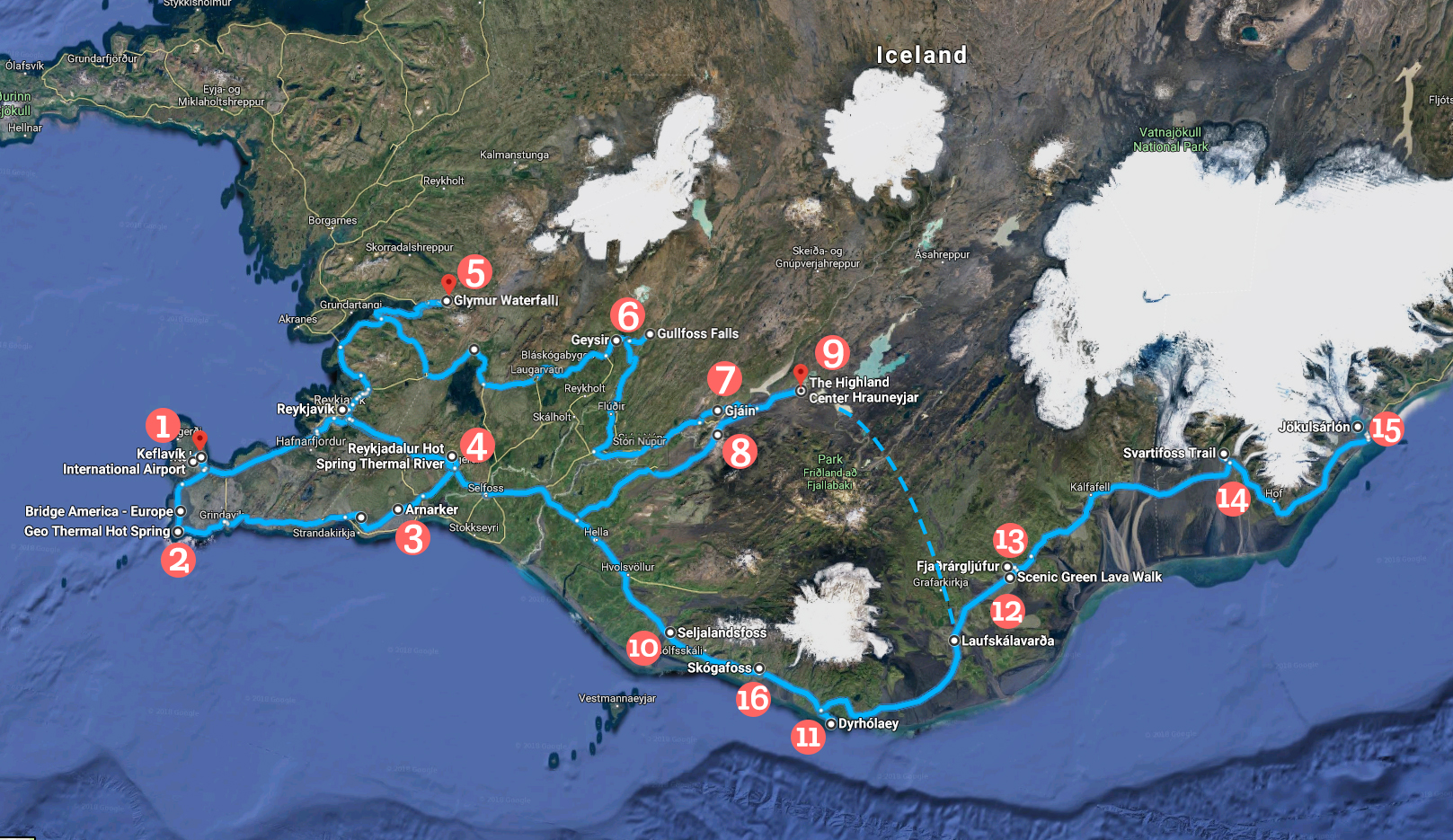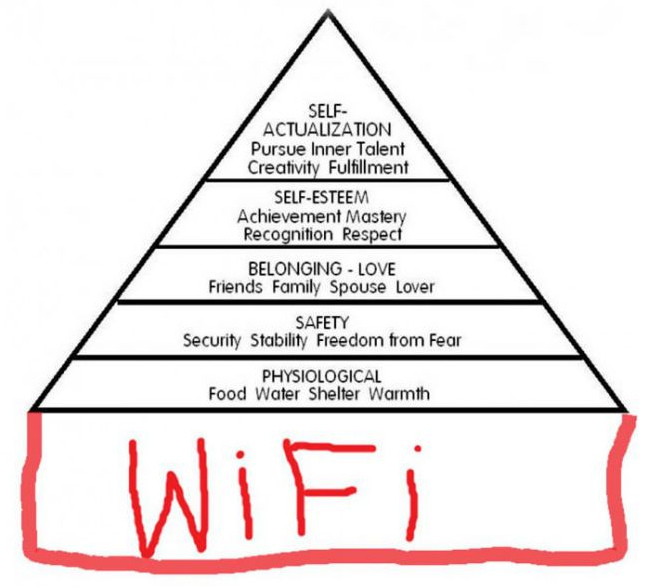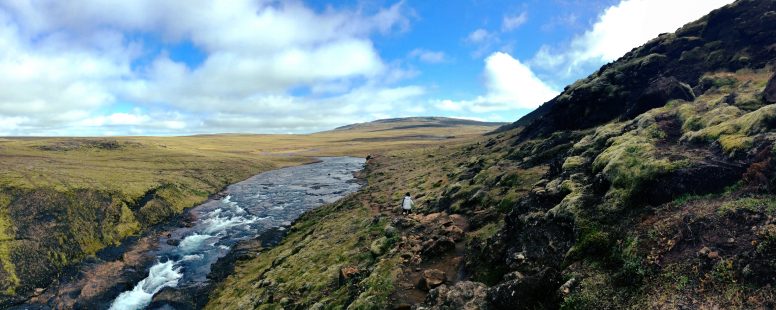3 days in Iceland
And so we arrive at the our final hurrah before we go back to Canada and real life (aka unemployment) begins.
In late June, my trip began with a 1 day layover in Iceland. Back then, the sun did not set.
Early September, our trip ended with a 3 day layover in Iceland. At that point, the nights were just long enough for potential aurora sightings. This leg of my trip is the focus of this post.
Iceland–a significant place in its own right–will also forever be personally significant to me for bookending this season of my life. I would like to think my second time here was different from the first, that I left that side of the Atlantic a changed person… I mean, that’s the kind of outcome and introspection that makes good blog material. But in reality, I think this layover was different from the first not because I’ve changed/grown/crossed-thresholds/seen things, but moreso because I am coming under different circumstances; I envy people who can be so sure otherwise.
We came here after the Scandinavian leg of our trip with my parents. My parents had to go to work, but Tim and I had no such responsibilities (woohoo, unemployment!!), so we decided to take another extended stopover in Iceland on the way back.

| Day 1 | Day 2 | Day 3 |
| ❶ Kevlavik ❷ Gunnuhver [Hot Spring] ❸ Arnarker [Cave] ❹ Reykjadalur [Thermal River + Trail] ❺ Glymur [Aurora] |
❺ Glymur [Trail + Falls] ❻ Geysir and Gulfoss [Geyser + Falls] ❼ Gjáin [Valley + Falls] ❽ Hekla [Volcano] ❾ Arbitrary sleeping location |
❿ Seljalandsfoss [Falls] ⓫ Dyrhólaey [Rocks + Beach] ⓬ Eldraun Lava Field [Moss Field] ⓭ Fjaðrárgljúfur [Canyon + Falls] ⓮ Svartifoss [Falls] ⓯ Jökulsárlón [Glacier + Lagoon] ⓰ Skógafoss [Falls] ❶ Kevlavik |
On Survival
In Iceland we were successful in achieving higher order human needs, albeit at the expense of some of the lower order ones. Having self-determination/agency for where to go, to make meaning of and identity through experiences, to see the aurora, etc. … all belong in the realm of self-actualization, the pinnacle of human pursuits. On the other hand, we took several shortcuts on the physiological aspects of basic human existence. My impression of Iceland being super-expensive, prompted me to buy 3 days worth of processed food in Stockholm’s grocery stores before flying over. Car rental and gas was expensive enough that I didn’t even consider not doubling up the car as the hostel. We were sleep deprived from sleeping in the cold (we forgot how cold the car gets when we turn it off!), and like I said, we didn’t shower or brush our teeth the entire time there. I don’t even remember how we figured out where to pee … maybe we did that at gas stations, maybe it’s blocked out of my memory for good reason.
As for safety, we’ve already mentioned how we constantly had zero bars of cellphone signal. Typically, we’re fine not being connected to the outside world, but when you’re at the base of an active volcano and there’s a sign that tells you you’ll be informed by phone should an eruptions be expected …… Also, car rentals near Kevlavik International Airport requires someone from the car rental company to escort you to the car rental site and we were unable to communicate with the person who was supposed to pick us up. The car rental rep picked us up an hour or so late for a very legitimate reason I no longer remember, but waiting an hour without being able to communicate to the stranger you were supposed to meet up with in another country was pretty unnerving.
As it turns out, everything that ended up being integral to our survival came to us by chance. First, the car rental gave us a free upgrade from an economy car to a 4×4. This ended up making our trip SO much better. Thanks to this upgrade, we could overcome a lot of Iceland’s gravel paths and steep slopes and go to cooler places in general…. PLUS the back of the car was spacious enough for us to lie down for some high quality afternoon naps (aka when the car is not freezing). In case anyone is thinking of renting a car in Iceland, a 4×4 is HIGHLY recommended. Second, on a whim, we decided to rent a portable WiFi hotspot from the car rental company as well. Even though the WiFi/GPS on our map apps didn’t work when we strayed too far from human civilization, having access to WiFi on the road was an absolute godsend.

Source: Flickr
On Monetization
“At present, in this vicinity, the best part of the land is not private property; the landscape is not owned, and the walker enjoys comparative freedom. But possibly the day will come when it will be partitioned off into so-called pleasure-grounds, in which a few will take a narrow and exclusive pleasure only—when fences shall be multiplied … and walking over the surface of God’s earth shall be construed to mean trespassing on some gentleman’s grounds. To enjoy a thing exclusively is commonly to exclude yourself from the true enjoyment of it. Let us improve our opportunities, then, before the evil days come.” — Walking, Henry David Thoreau
I really appreciated how Iceland didn’t commodify the landscape within its borders. 5 months later, we would go to China where gems half as cool as ❸ Arnarker Cave and ❼ Gjáin were monetized in a heartbeat; entrance fees, gift shops, paved roads, rickshaws, vending machines, photographers, you-name-it.
Though it may never reach the distasteful proportions I saw in China, it’s almost inevitable that Iceland will get more touristy, “the evil days [will] come”. The fact that it was economical for people like me to have these extended layovers is already a trend that I have ambivalent towards… On one hand I’ve benefitted from the fact that it was accessible (financially, physically, etc.) to me, but on the other hand I want places to have integrity [1]. Yet if I continue to show my value for accessibility over integrity with my choices, am I by extension supporting the downward spiral (from pristine landscape –> to accessibility to elites –> to accessibility to me) that, say, the lunar tourism industry is advocating?
Ultimately, Thoreau is not referring to tourism (or the accessibility thereof) in Walking. He is literally talking about walking. Walking as an intimate and relational act with the land. Tourism exploits the land by putting a market value on it. The problem, then, with “nature tourism” is not so much optimizing the trade-offs between accessibility and integrity as it is the failure to consider the relationship between the human and the land.
[1] That said, I’m sure many landscapes in China that still have their integrity in tact are simply not accessible to me if I don’t have the social capital (citizenship, language, connections, etc.).
